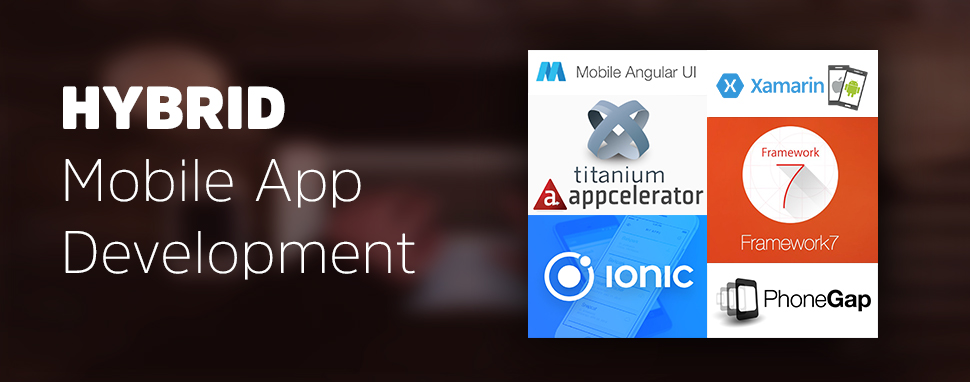
Mobile has become a leading digital platform, as it use has risen tremendously, now a days most of the activities are done in smartphone. Enterprises can balance the need of great user experience with simplicity and speed through Hybrid Mobile application development. Mobile app development tools like Apache, Cordova/Phone Gap libraries give the ability to run hybrid app on any device using web HTML 5, CSS and JavaScript technologies. Hybrid application development increases the productivity with minimal cost. It cut downs the additional development and maintenance costs for running on different platforms like android, iOS, Windows, phone etc.
Devices like camera, GPS, contacts, calendar and more can be utilized in building hybrid apps.
Hybrid mobile app development can be put on app stores and can be downloaded onto the device.
Hybrid mobile application is further divided into two parts, Hybrid mixed and Hybrid Web application development.
-
Languages like C#, JavaScript are used in Hybrid application. It provide features to develop application in single code base running across multiple platform. Xamarin is one of the best examples of hybrid platforms.
-
Hybrid web applications are written in HTML5/JavaScript/CSS3. You can download and install hybrid web application on device. The best hybrid web application development platforms are Cordova, Sencha and Kony.
Pros of Hybrid Apps
No specialized skills are needed to work on hybrid platforms. Skills in HTML5, JavaScript, CSS, C# etc. is used, so developers can re-use their existing skills. It reduces development as well as maintenance cost and time as using single code base, future enhancement and bug fixing are easy. It also reduces time in upgradation process. The app once develop and deploy run on all platforms (iOS, Windows, Android) Hybrid platforms provides the flexibility to use same code across multiple platforms, thus business logic can be shared and run across mobile, web and portable device. Hybrid apps provide the rich user experience, users can perform most of the interactions, such as pinch, swipe and click that are prevalent in mobile user interfaces. Hybrid mobile app development are well suited for enterprises and B2B.
Cons of Hybrid App
While upgrading application on new devices it might lead to problems as some of the hybrid platforms do not support all device specific UI and content frameworks native to devices. The look and feel of native platforms is lost while working with hybrid platform if the application is having device specific features. Hybrid platforms have their own tools and IDE that doesn’t support external tools. Every build should be unit tested with many devices, when the application is going to support multiple devices, You need to take care of debugger and emulator You need to check whether they are supported by hybrid platforms or not. Hybrid is not a good approach if performance is a key concern.
SSTech System can simplify Hybrid IPhone Application development using visual RAD methodology.


